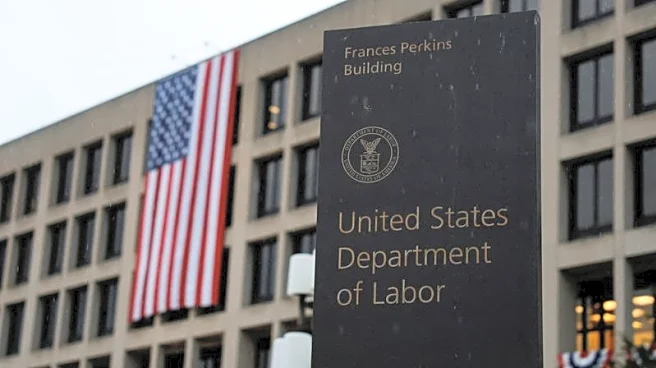Rapid Read • 7 min read
President Trump's tariffs, aimed at boosting domestic manufacturing, are unlikely to deliver the promised surge in factory jobs, according to experts. Despite the tariffs being the highest in nearly a century, there is little evidence to support the claim that they will lead to a significant increase in manufacturing employment. Philip Luck, a former deputy chief economist, argues that the tariffs will increase costs and decrease U.S. competitiveness. The automation and digitization of manufacturing processes mean that even if production increases, job growth may not follow. The U.S. manufacturing sector has seen a net loss of jobs recently, contradicting the narrative that tariffs will bring jobs back to America.
AD
The effectiveness of tariffs as a tool for job creation is a critical issue for U.S. economic policy. The lack of job growth despite increased manufacturing production highlights the challenges of reviving traditional manufacturing employment in an era of automation. This situation affects workers who voted for Trump based on promises of job creation and could influence future political and economic strategies. The broader implications include potential shifts in trade policies, labor market dynamics, and the role of technology in manufacturing.
The reliance on automation and advanced technology in manufacturing raises questions about the future of work and the skills required for employment in this sector. As manufacturing becomes more automated, the demand for high-skilled workers increases, potentially widening the gap between skilled and unskilled labor. This trend could lead to policy discussions on education, workforce training, and the adaptation of labor markets to technological advancements.
AD
More Stories You Might Enjoy












